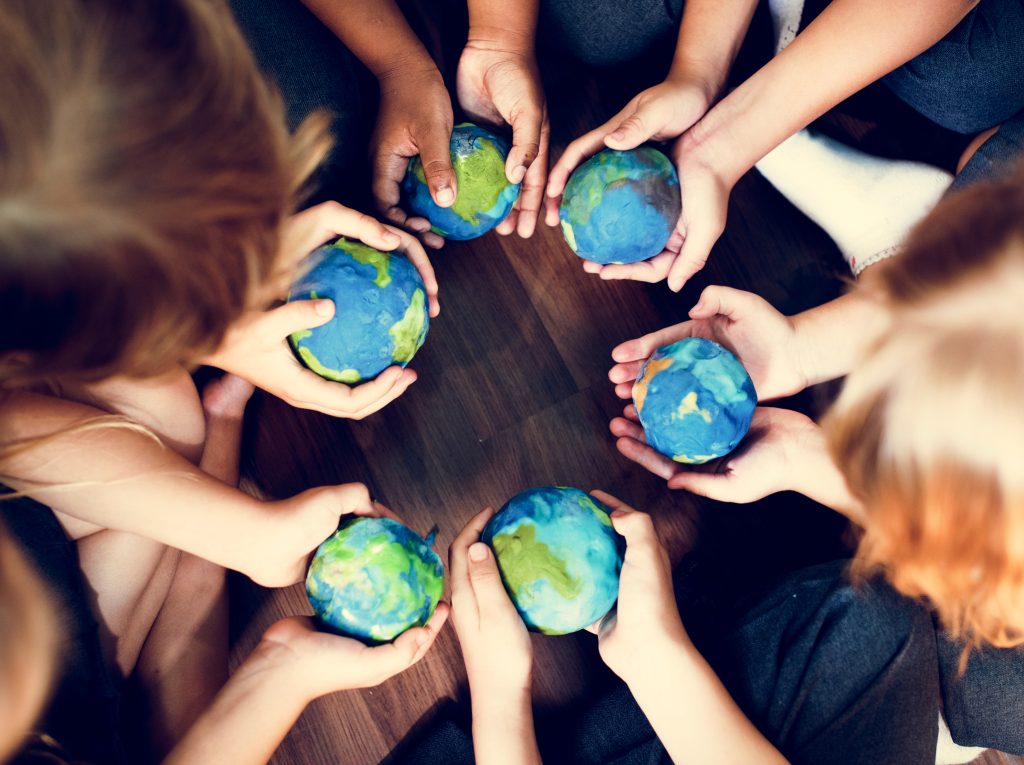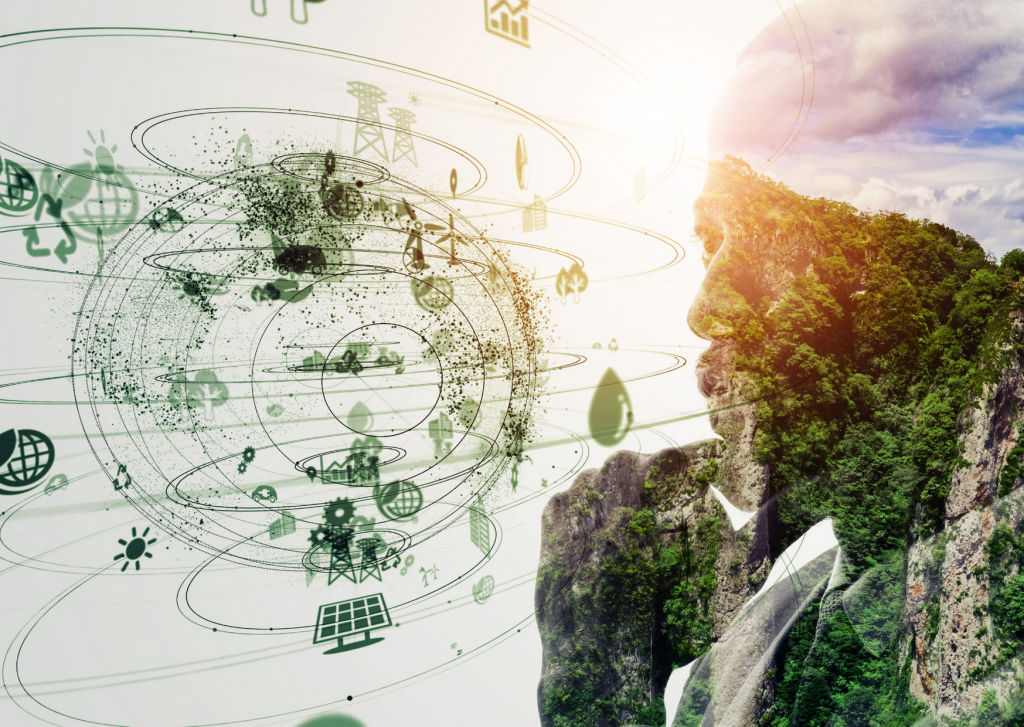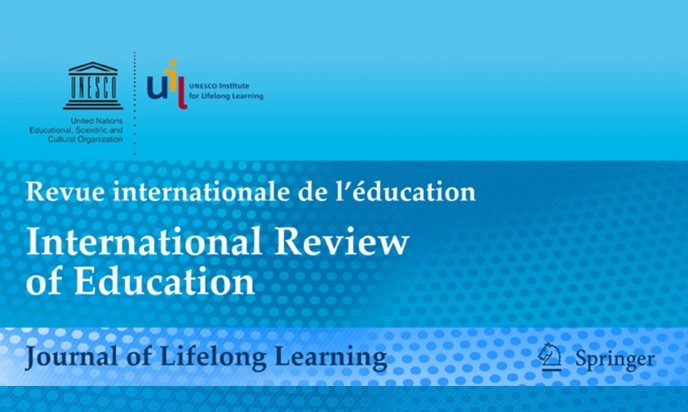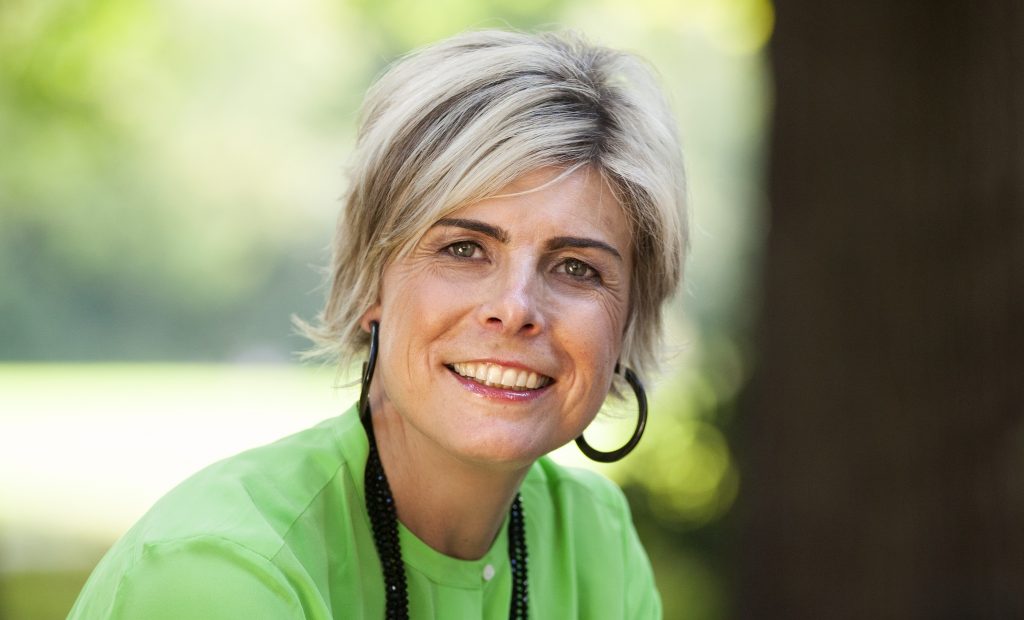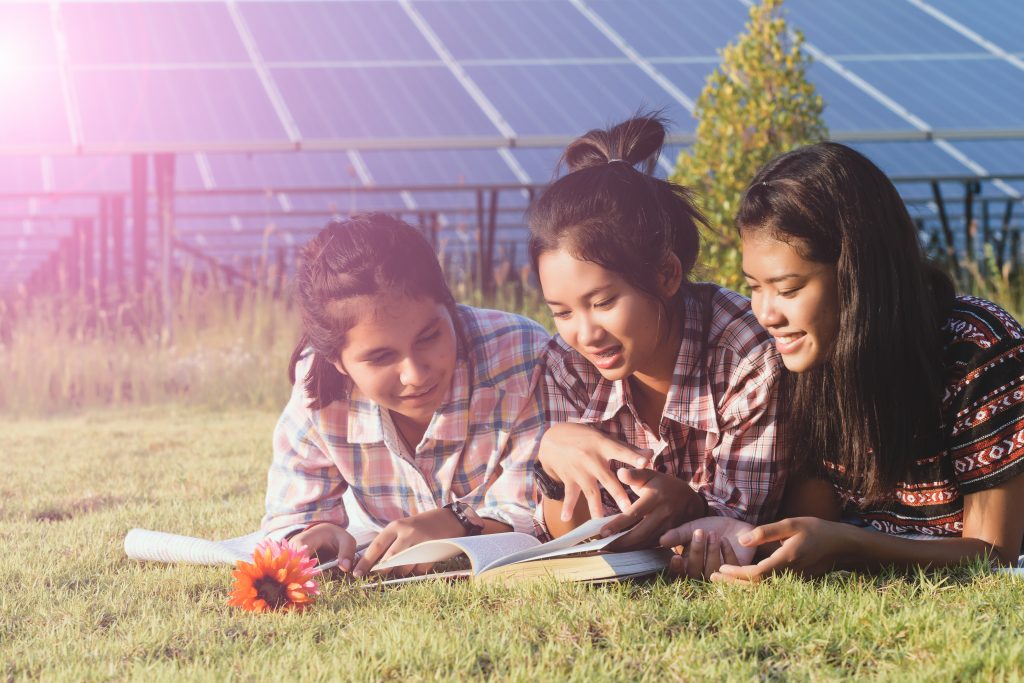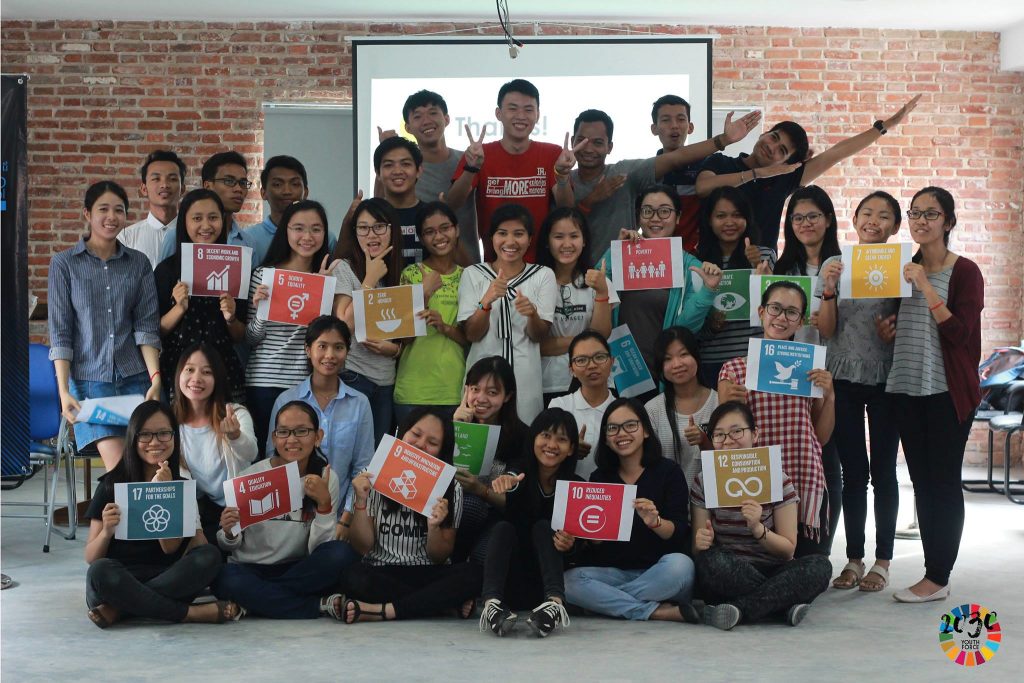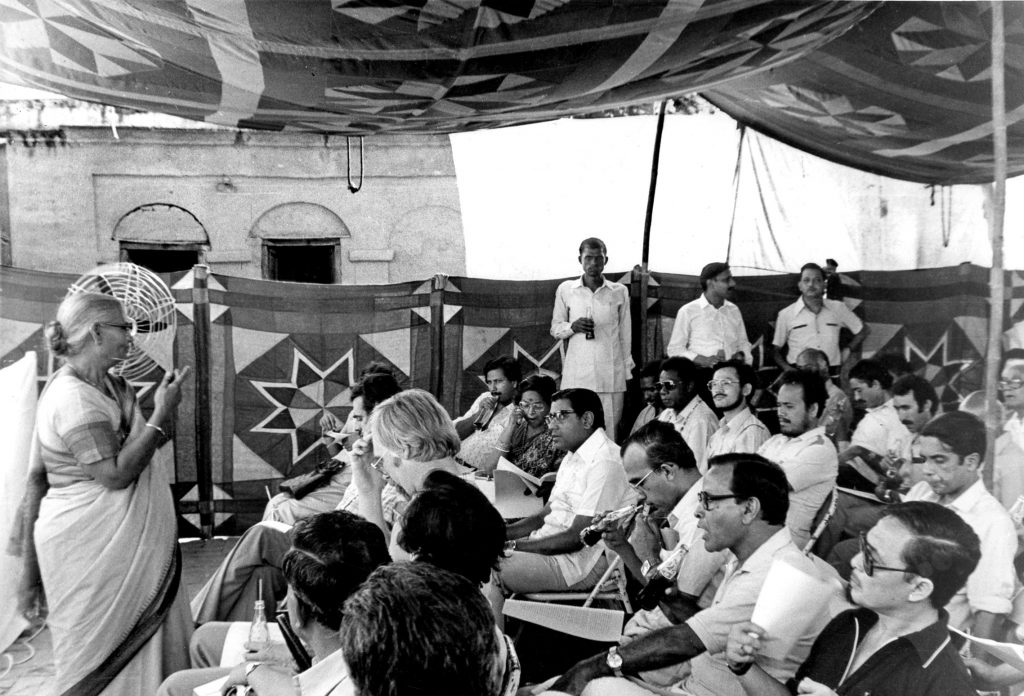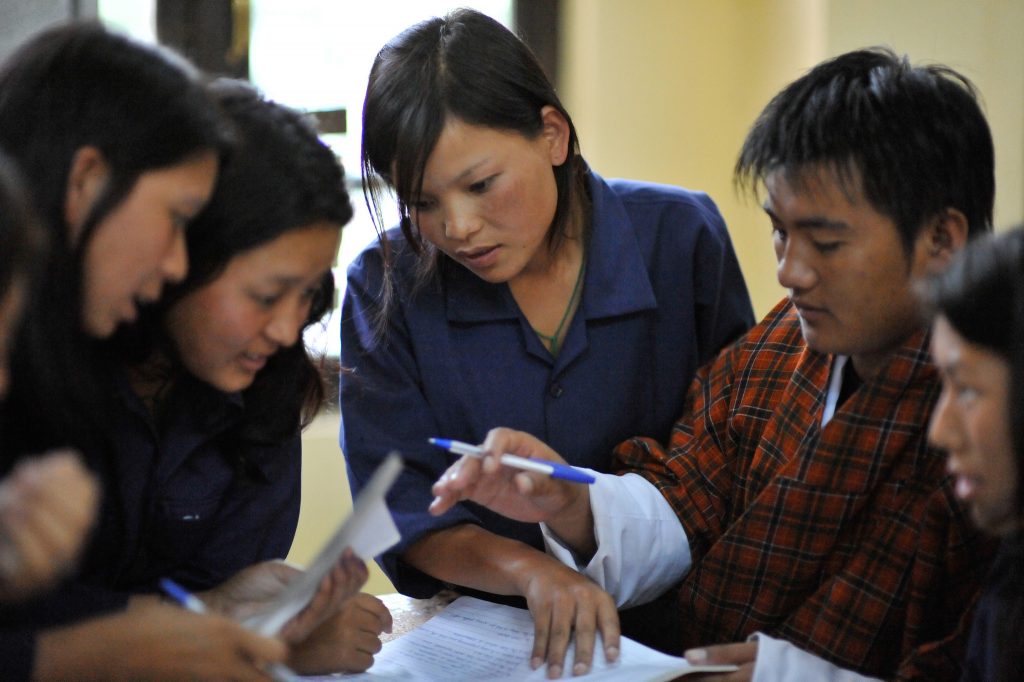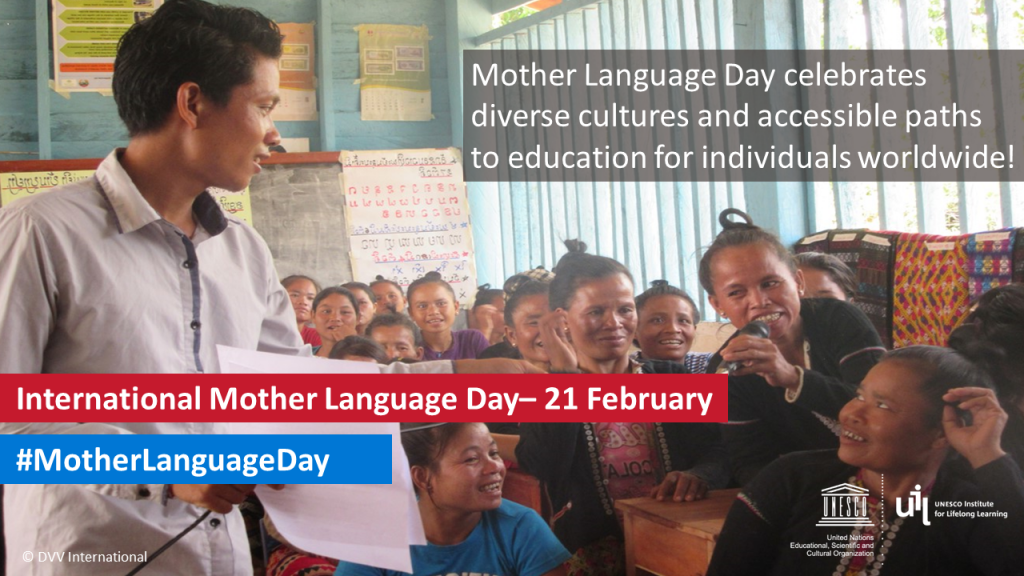Without robust, high-quality and relevant adult learning and education programmes, we are in danger of neglecting our workforce and reducing the chances of a sustainable future, argues Paul Comyn of the International Labour Organization.
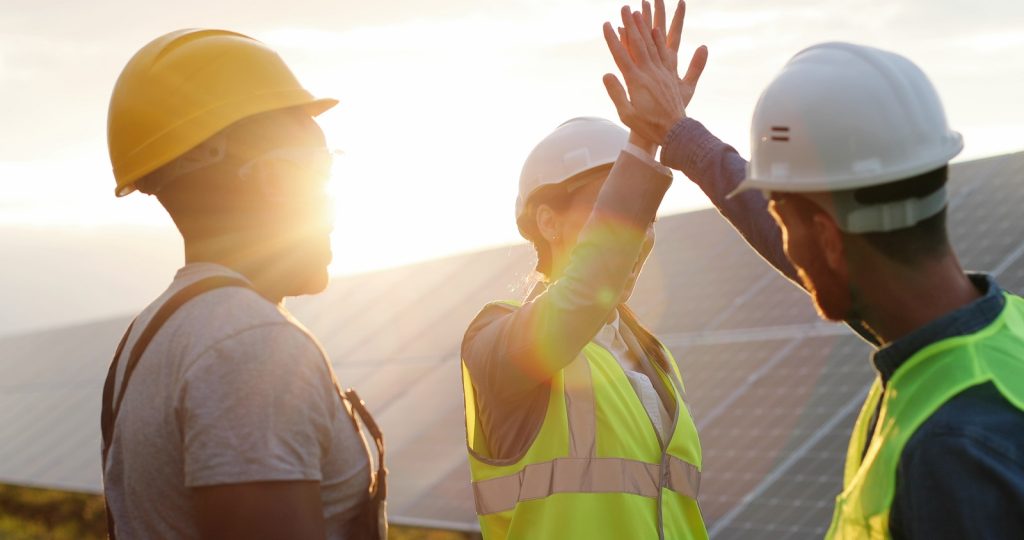
Adult learning and education (ALE) serves multiple purposes in many different local and national community contexts, one of which is to support adults to develop the knowledge, skills and attitudes that will enable them to look for and find work, either in paid employment or through other livelihoods. Employability is a key concept that underpins the work of the International Labour Organization (ILO), which it defines as the ‘portable competencies and qualifications that enhance an individual’s capacity to make use of the education and training opportunities available in order to secure and retain decent work, to progress within the enterprise and between jobs, and to cope with changing technology and labour market conditions.’

